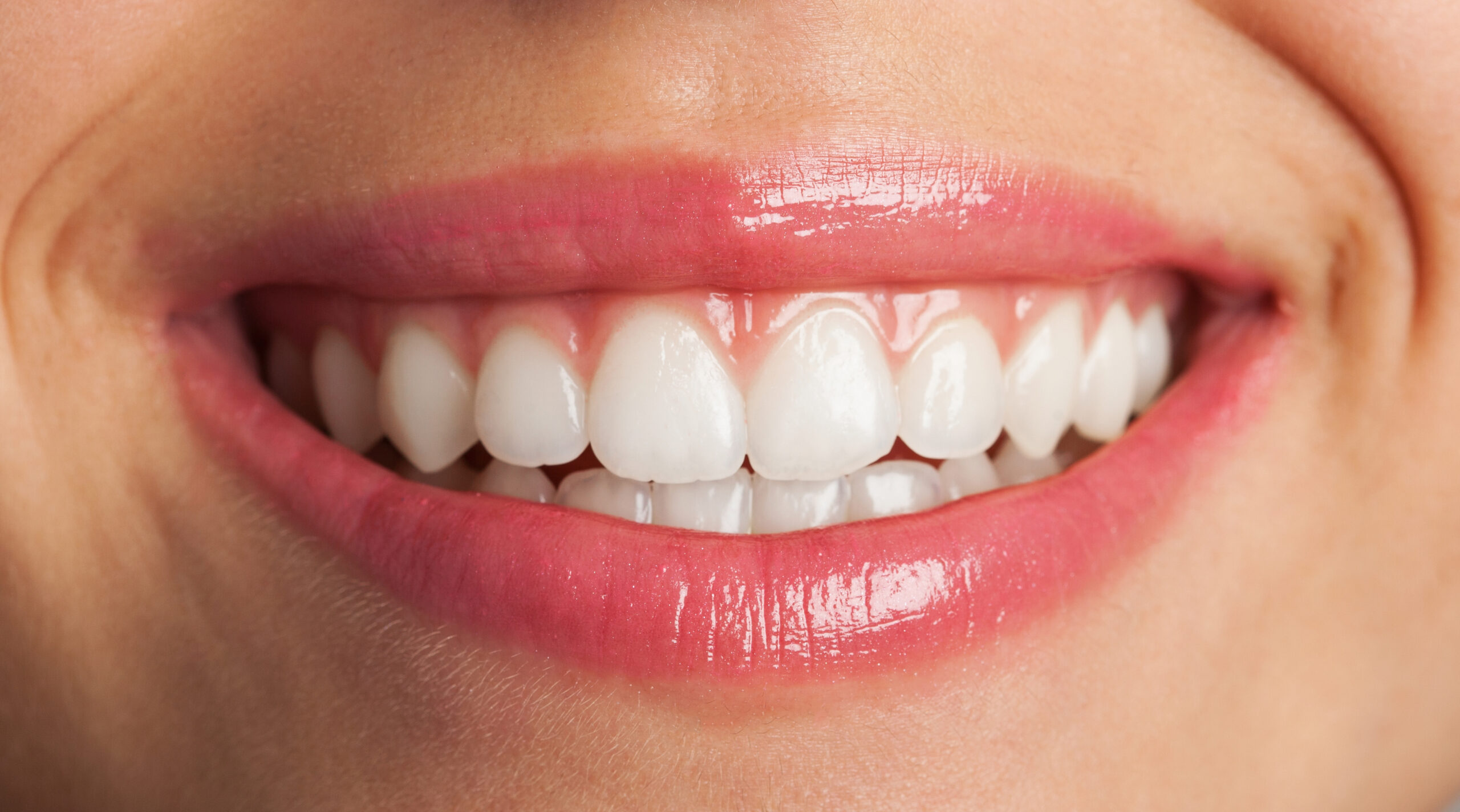
Dysgeusia is a taste impairment that changes in your sense of taste. During pregnancy, you can experience a taste disturbance due to hormonal changes. You know you are experiencing dysgeusia if you taste abnormal metallic, rancid, or sour flavors.
Although unpleasant to taste, the abnormal flavors are not life threatening but are disturbing enough to cause appetite loss and spur diet changes. Even when you are not eating or drinking anything, you can still experience dysgeusia.
There are several health and environmental reasons why you might experience a metallic taste. If the only pregnancy symptom you are experiencing is a metallic taste in your mouth, you might not be pregnant.
Wondering if the metallic taste you are experiencing is a sign of pregnancy? Consult your primary care physician for an official diagnosis.
There are multiple factors including pregnancy and your oral hygiene that can contribute to dysgeusia:
Hormones – Estrogen may alter the chemical reaction between taste receptors and taste buds
Medication – Drugs such as antibiotics and antidepressants can disturb your regular taste
Diet – Excessive alcohol consumption and tobacco smoking, deficiency of minerals or vitamins
Environmental – Physical trauma, exposure to chemicals, and infections
Oral Health – Leaking dental fillings or dental crowns or poor hygiene habits
While there is no instant remedy for dysgeusia, below are recommended tips to reduce the metallic tastes.
Good Dental Hygiene – Brush your teeth gently at least twice a day, floss regularly and use a water flosser if you can
Food Temperature – Eating cold food may help reduce the metallic taste
Diet – Make sure to eat a balanced nutrition to get your intake of minerals and vitamins. If you are pregnant, pause your consumption of alcohol and tobacco
During pregnancy, you can expect this taste impairment to stop after the first trimester.


